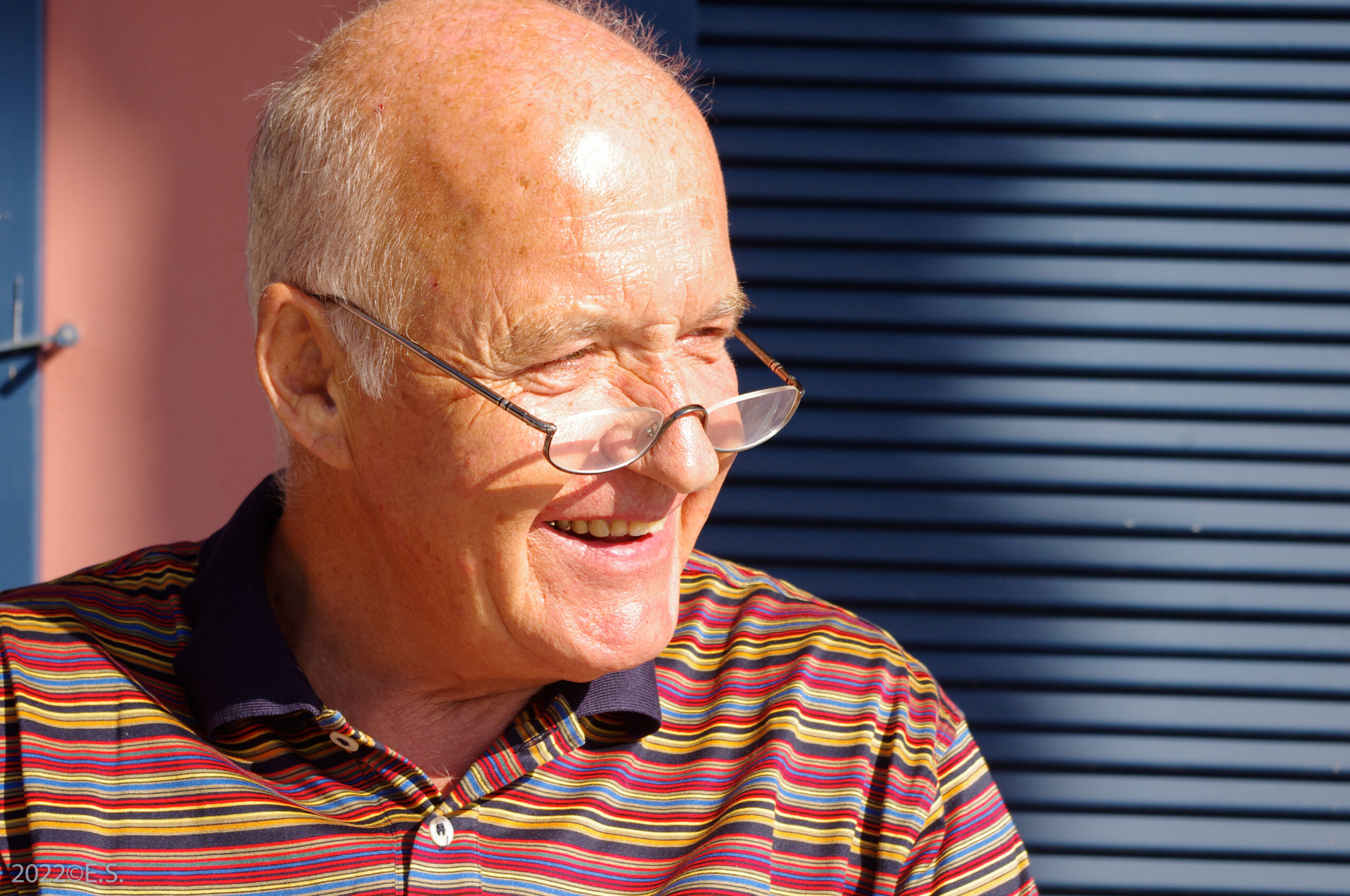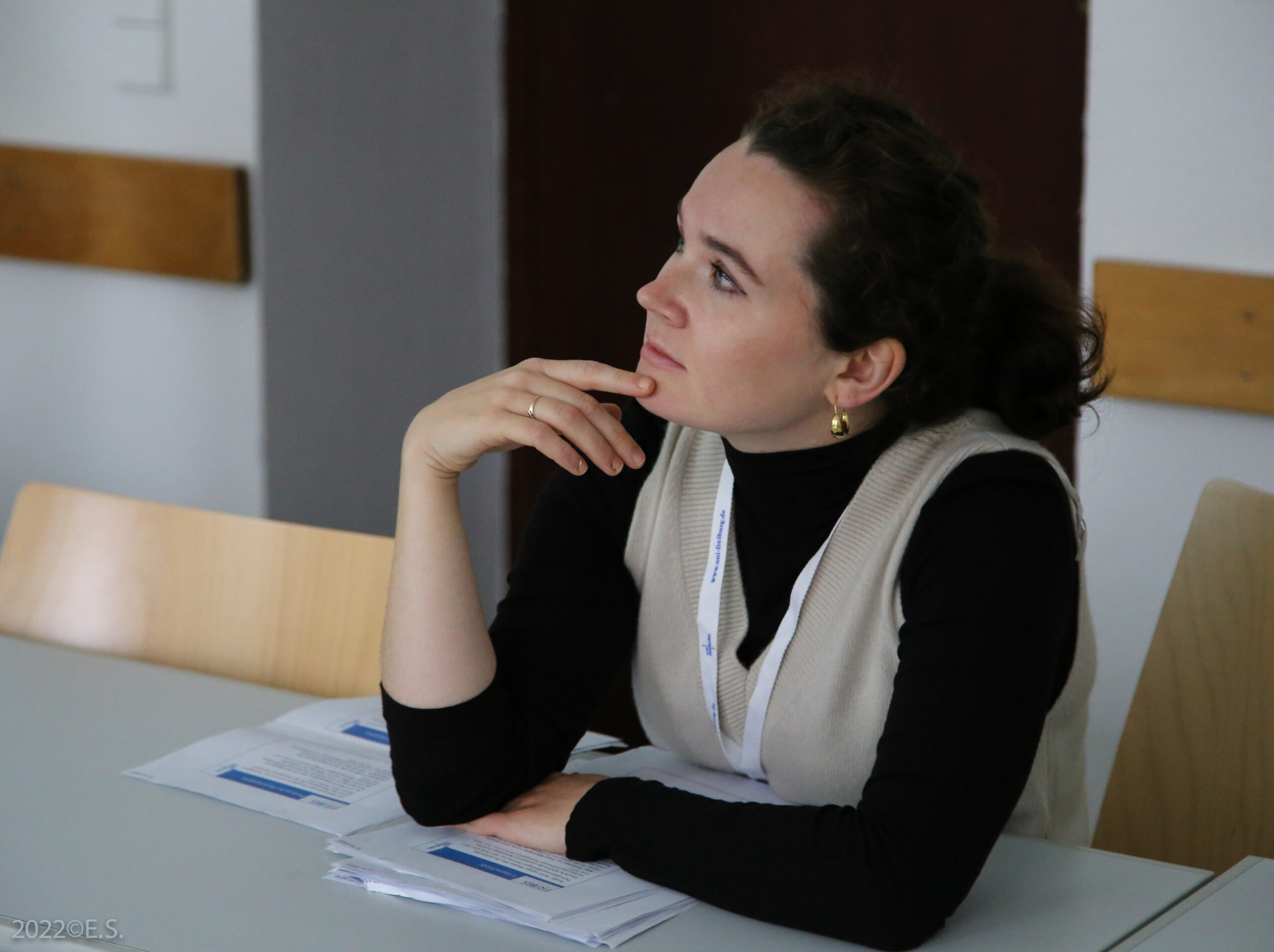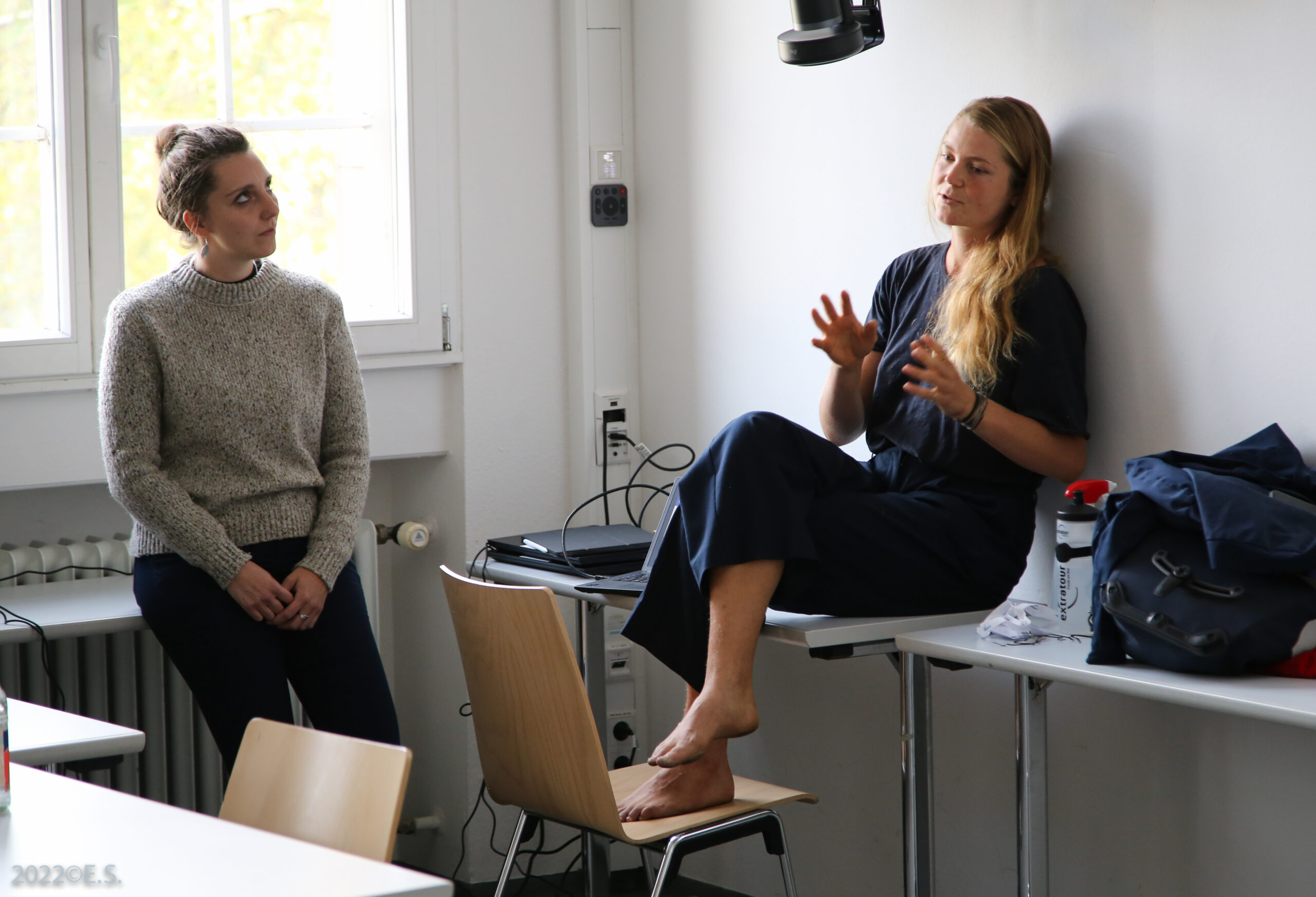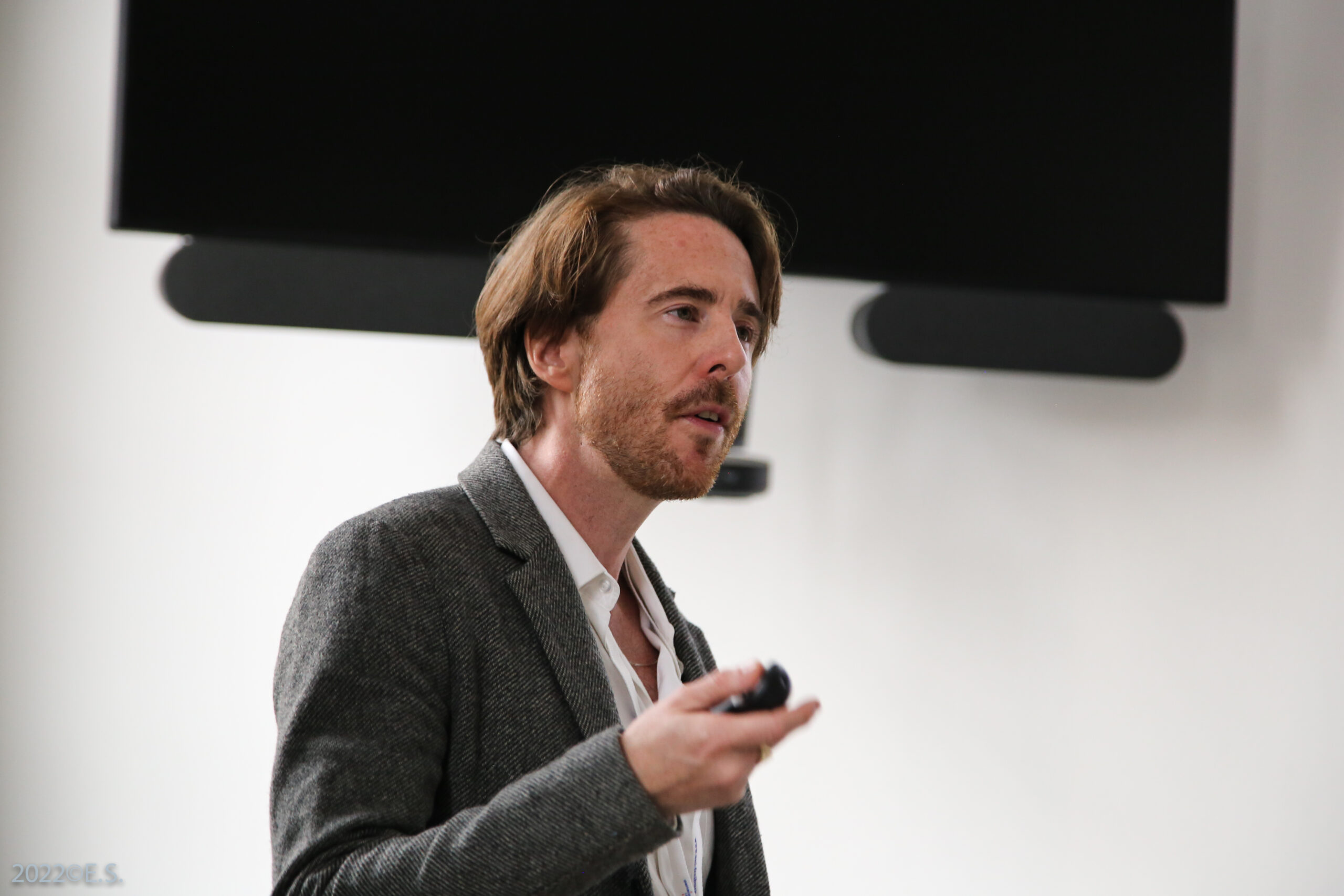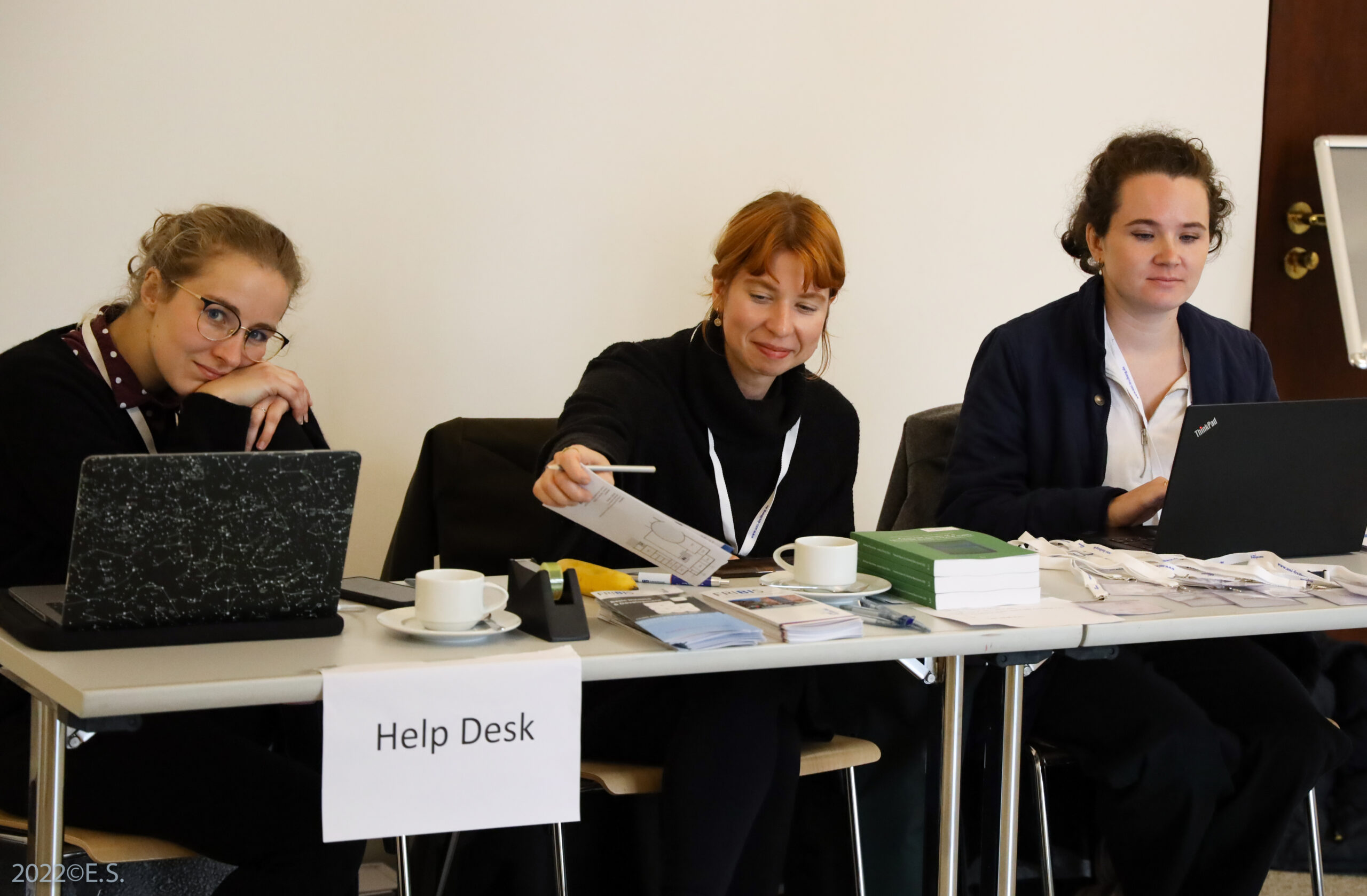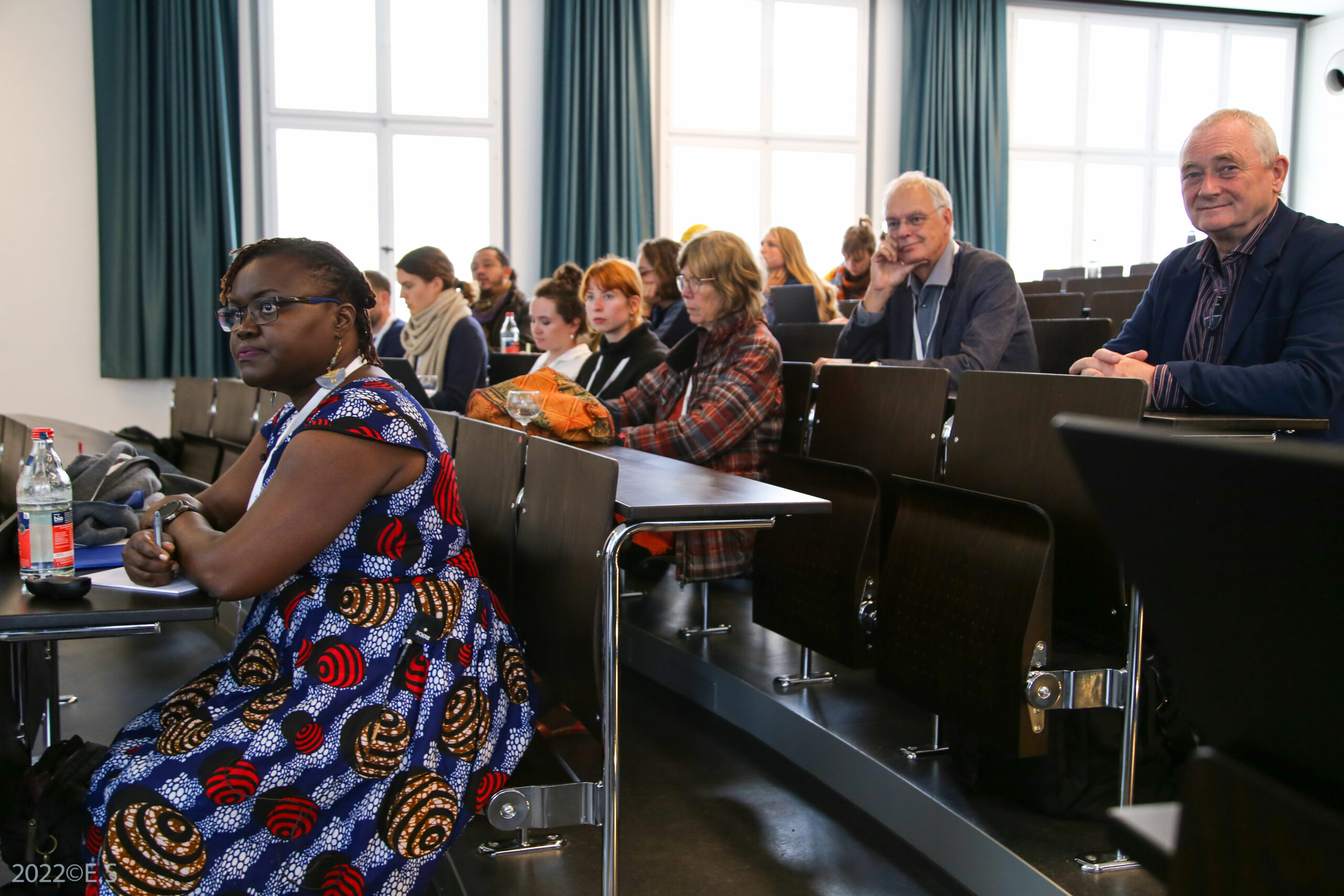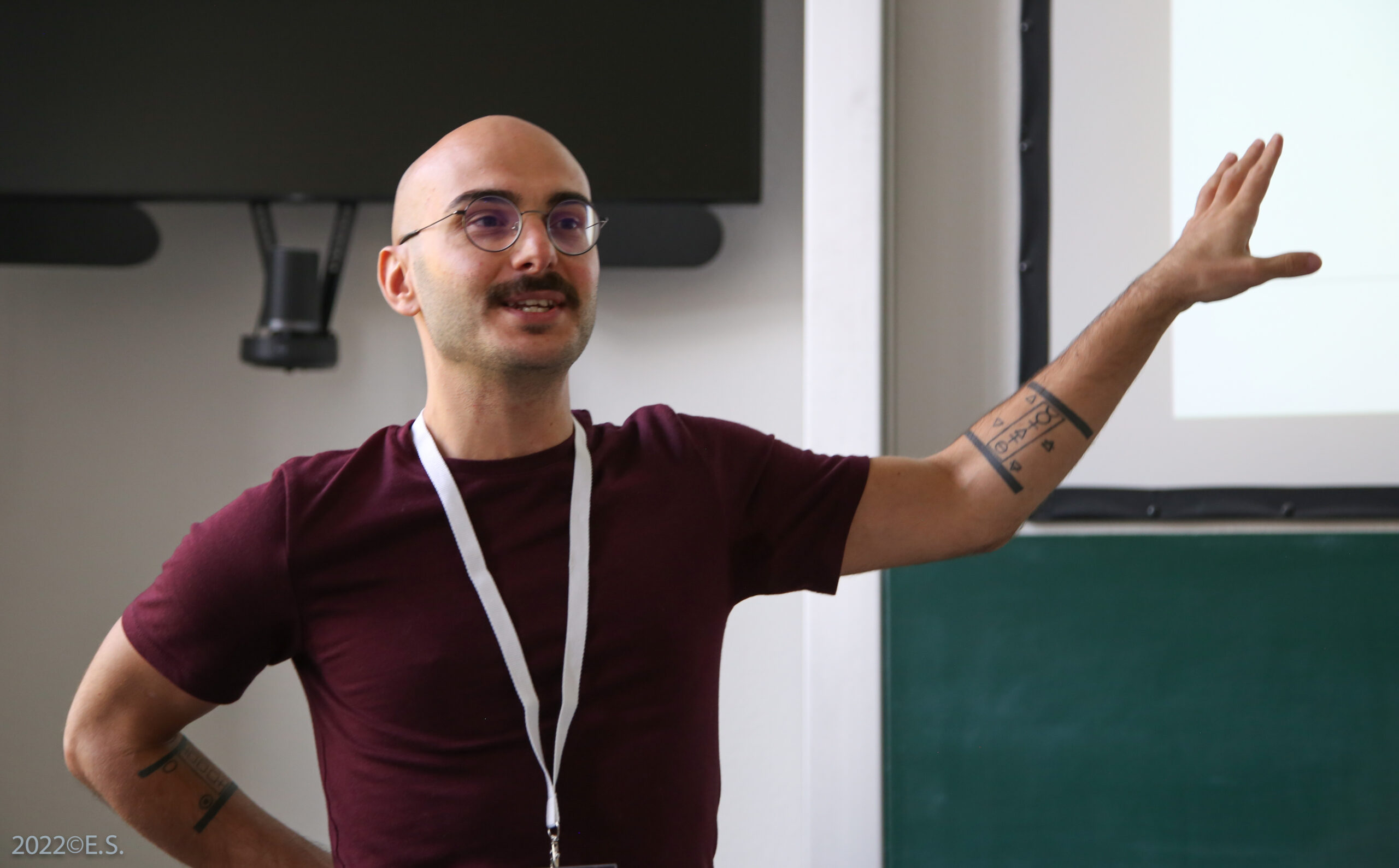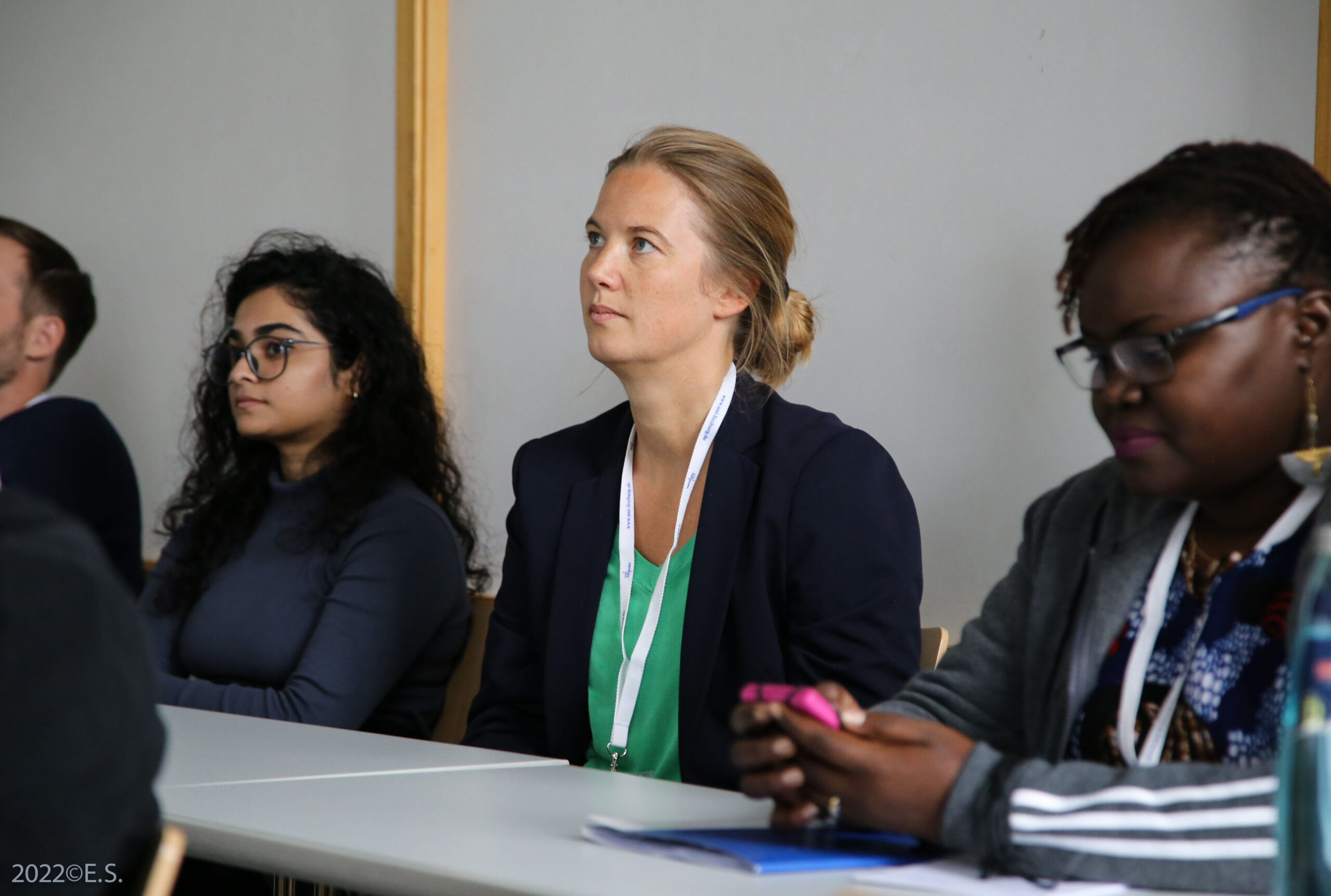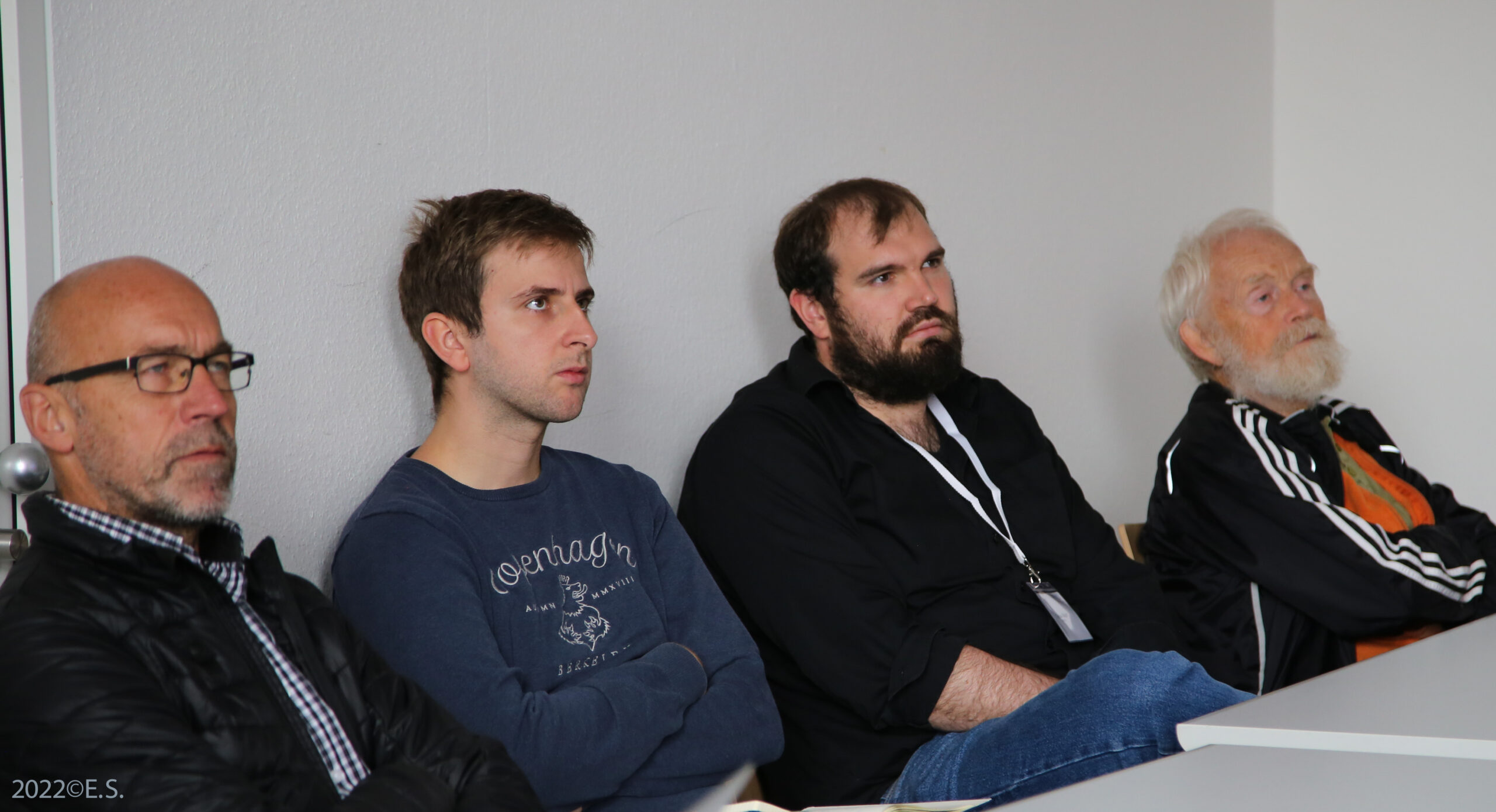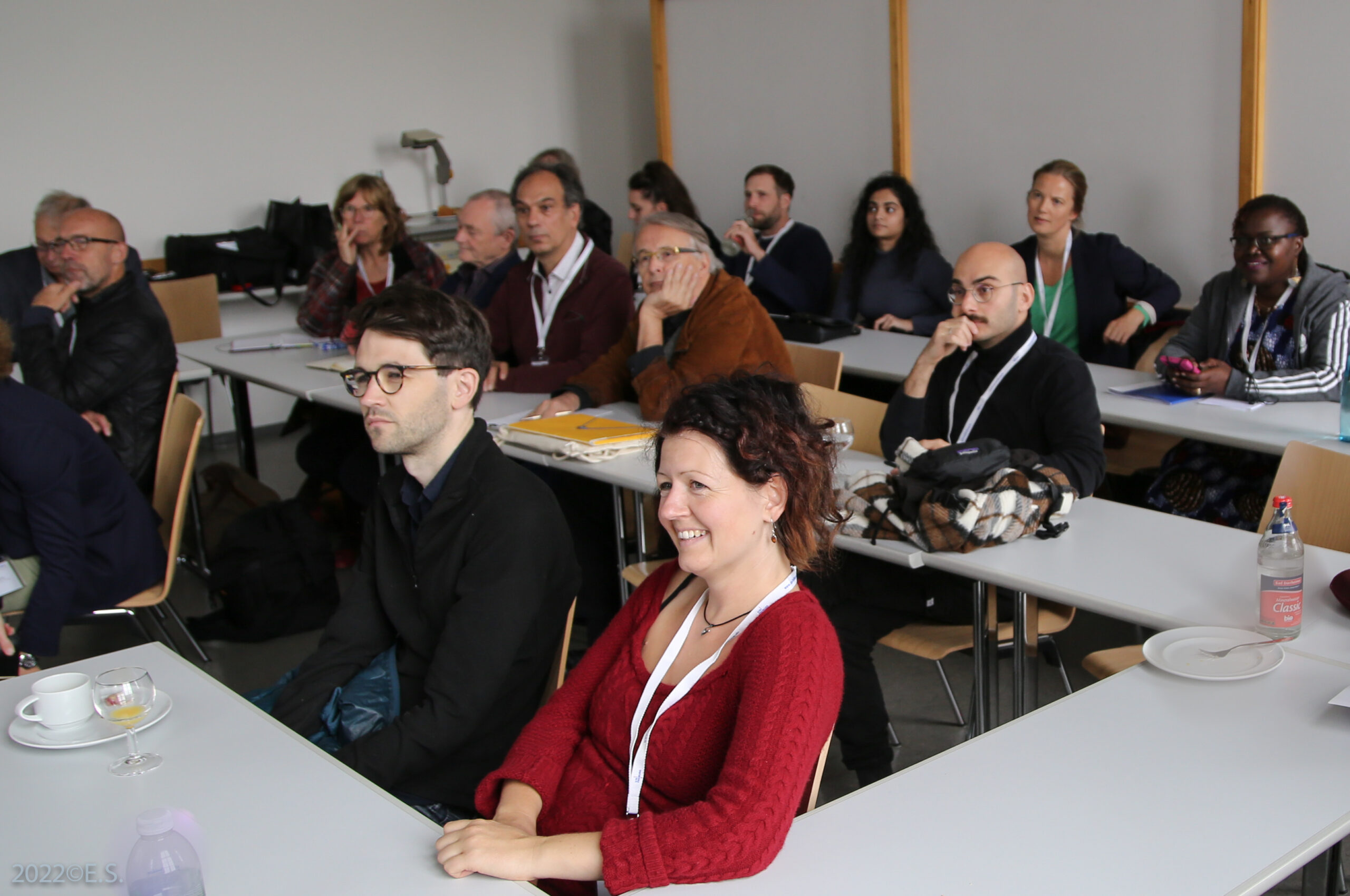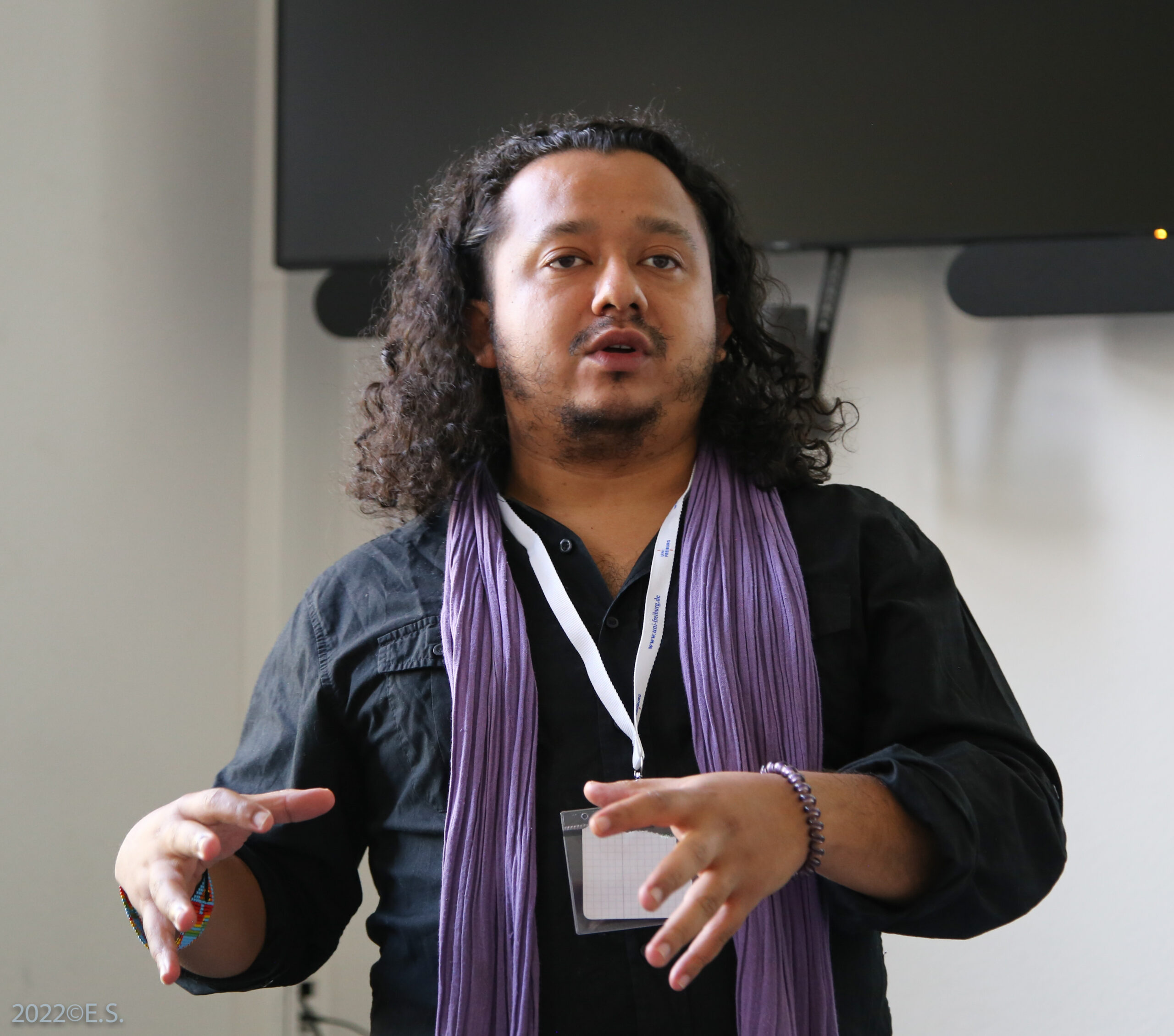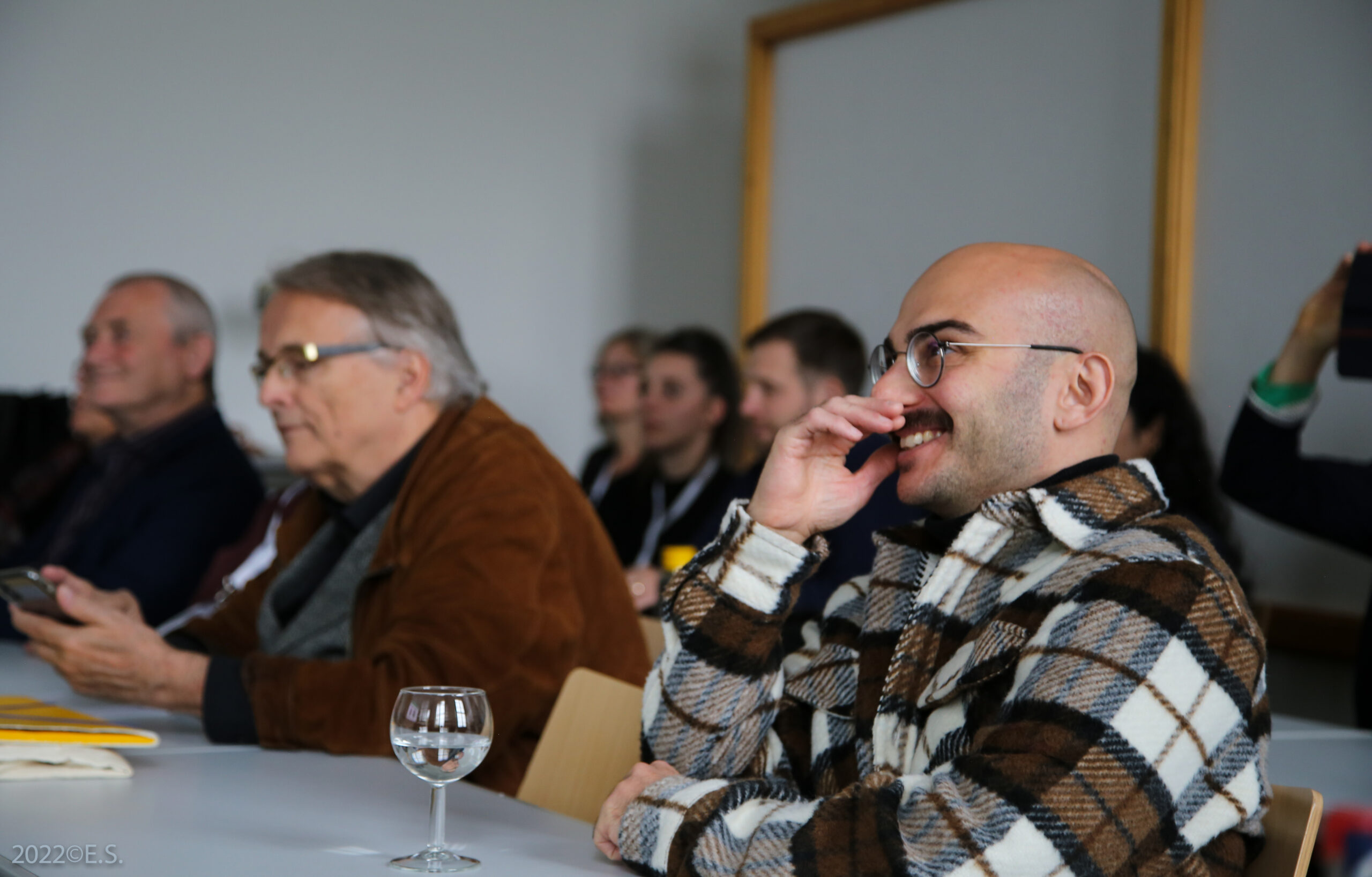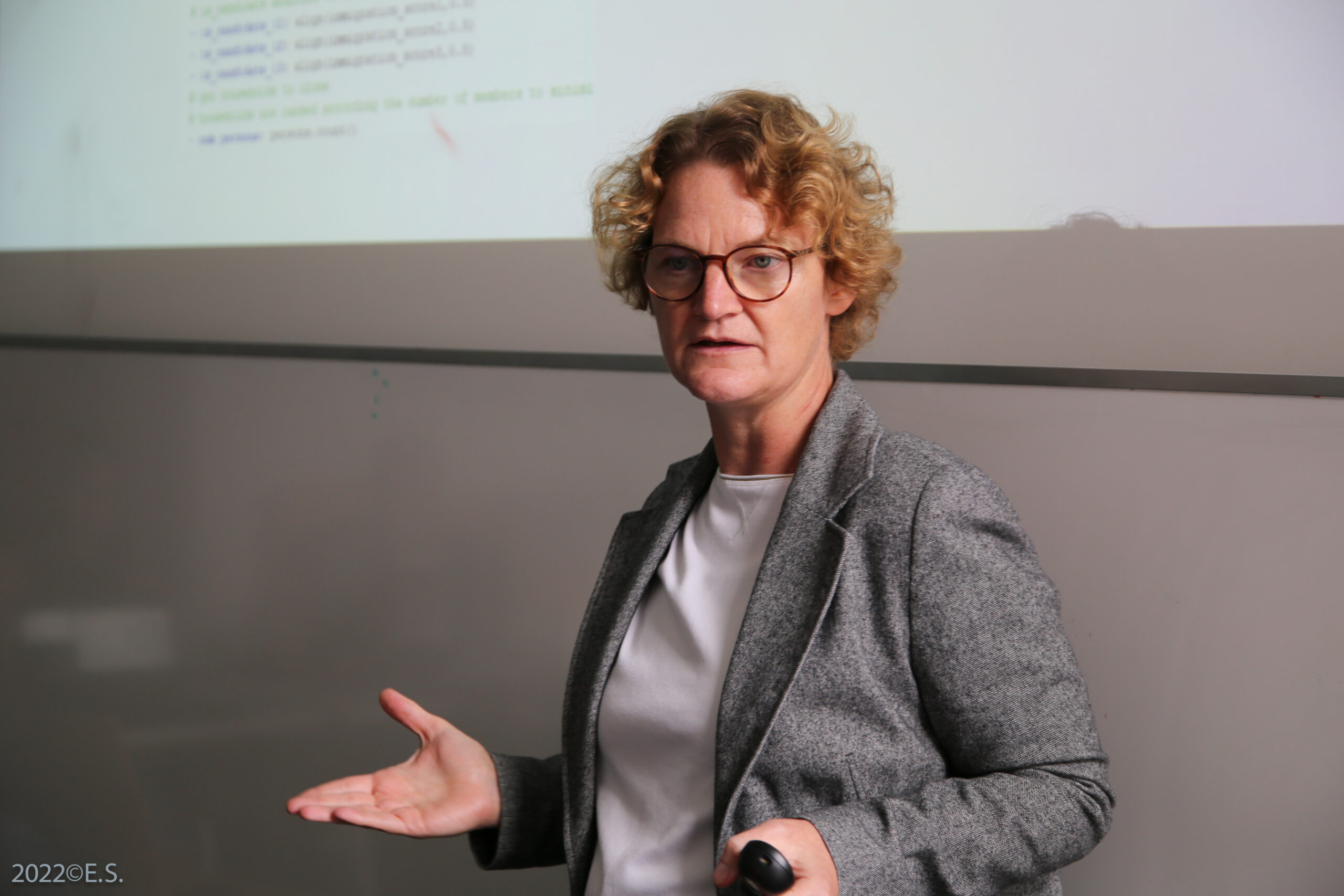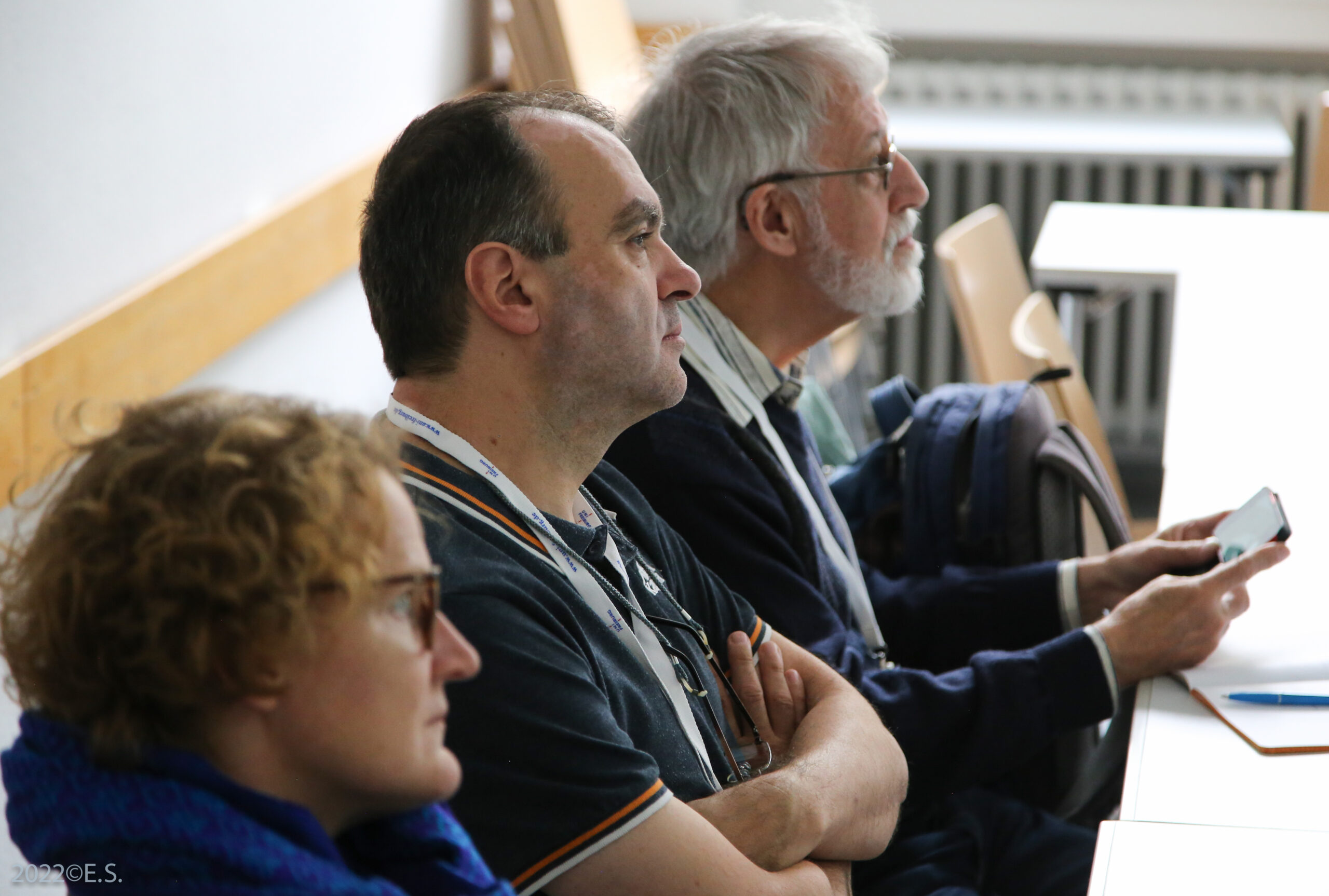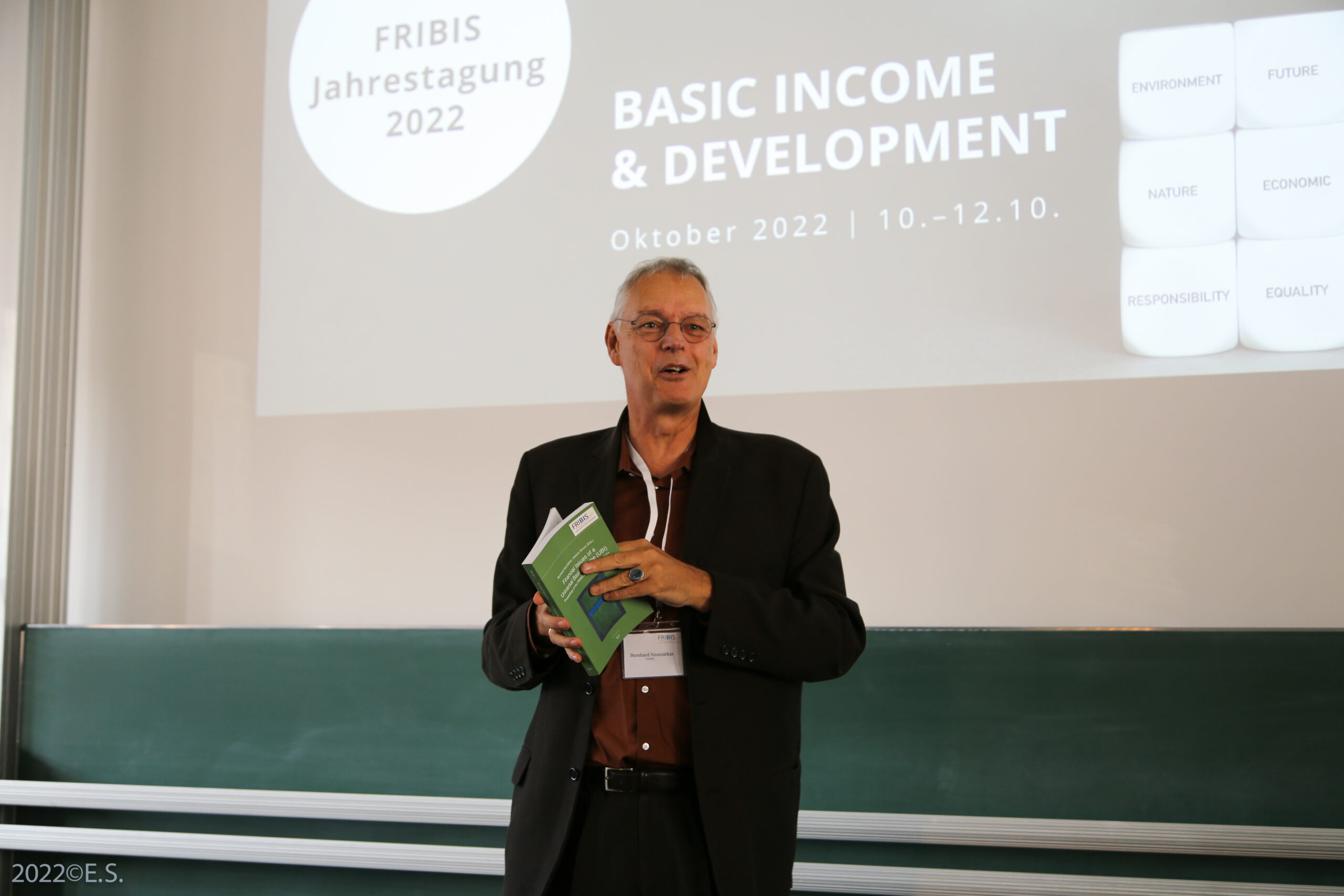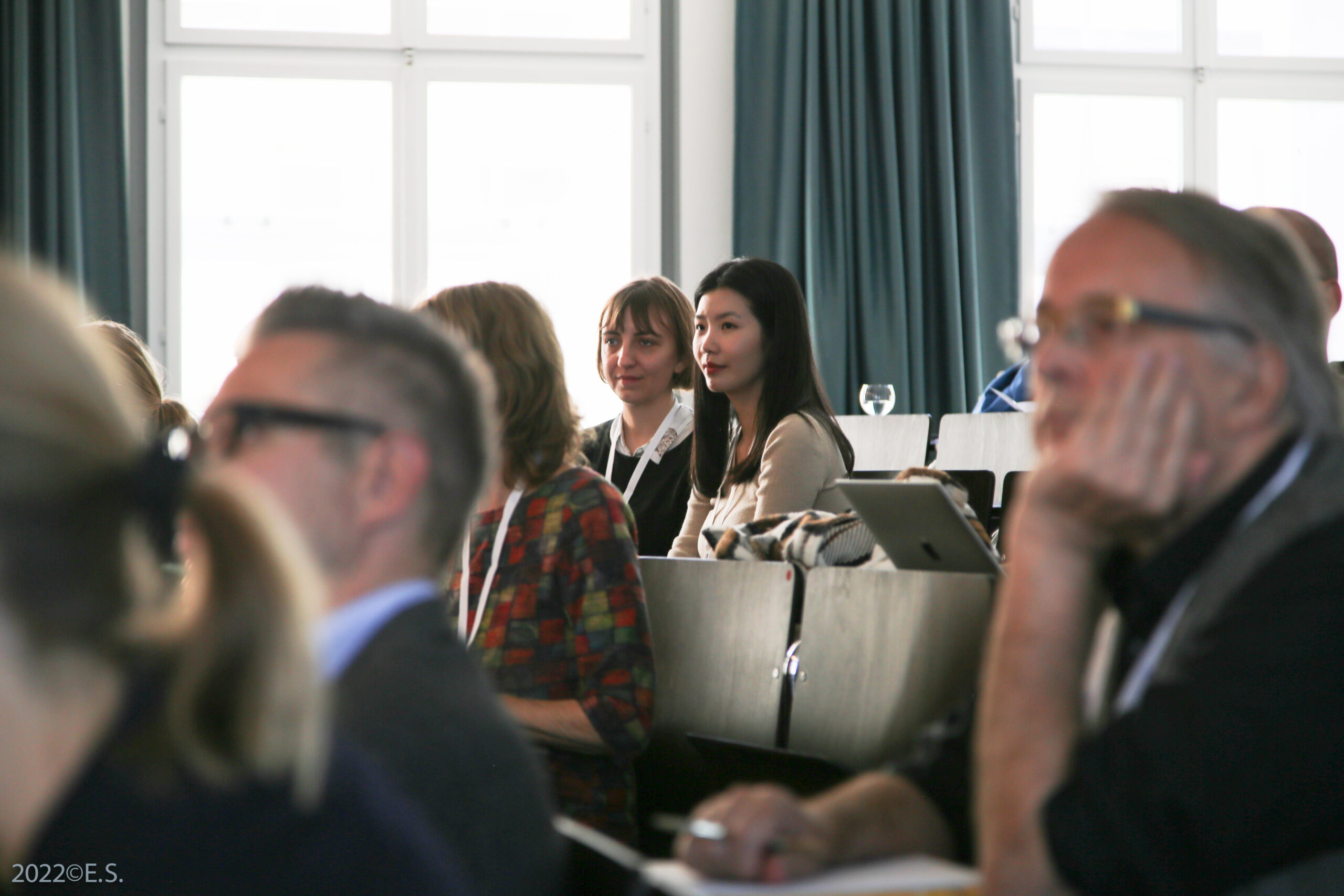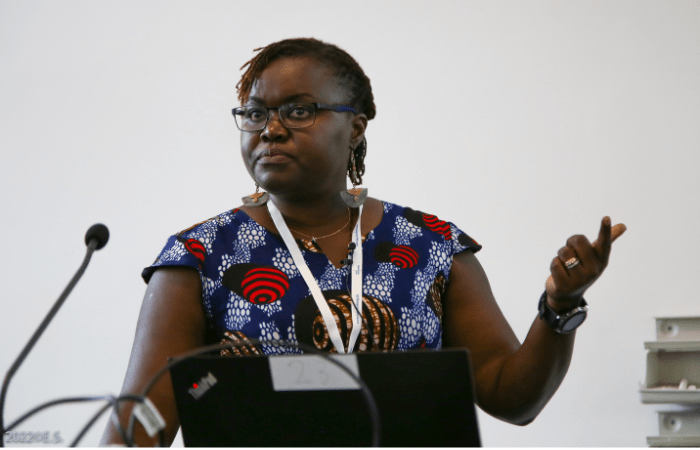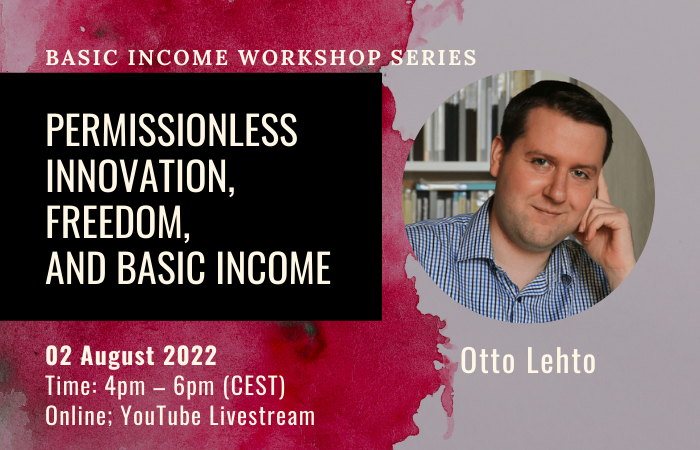International Women’s Day and Universal Basic Income
Authors: Jessica Schulz and Toru Yamamori (FRIBIS Team: UBI & Gender)
50 years ago, thousands women across the U.K. gathered in London for an ‘International Women’s Day’ march. After the march, some of them occupied a post office in London. It was a symbolic act to express their opposition against the government plan to scrap ‘family allowances’ which were paid to mothers with two or more children. They were paid through post offices every week.
Today International Women’s Day stands between a global networked activism for equality, especially in education and work, for example the demand for equal pay, and capitalist commercialization. But what can we learn from its origin of this struggle for equality of class and gender?
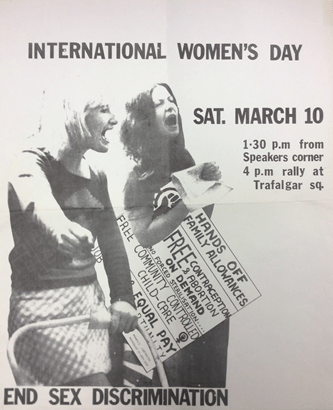

The photo on the left is the poster for 1973 London ‘International Women’s Day’ march. The photo on the right was the original photo taken by Angela Phillips in August 1972. For the story behind these two photos, see https://www.academia.edu/11019408/A_Feminist_Way_to_Unconditional_Basic_Income_Claimants_Unions_and_Women_s_Liberation_Movements_in_1970s_Britain
Women’s Class Struggles and the History of International Women’s Day
As both the activism for gender equality as well as class equality are theoretical interlaced, a further look on the history of International Women’s Day gives an idea of the practical interrelation of these concepts. Starting from the United States in 1909, feminists led by the Women’s Trade Union League, proclaimed a National Women’s Day to emphasize the need for women’s suffrage to offer a political voice for women working in factories. In Germany, probably the most famous activist is Clara Zetkin (1857-1933) who, inspired by the U.S. National Women’s Day led the women of the Second International, a socialist alliance, to call for an International Women’s Day.
Continue reading: Jessica Schulz: “Through the lens of feminism. Basic income from a feminist perspective (FRIBIS Team UBI & Gender)” https://www.fribis.uni-freiburg.de/wp-content/uploads/2022/06/FRIBIS-Team-Policy-Paper_UBI-and-Gender_Jessica-Schulz.pdf
International Women’s Day, working-class women, and Universal Basic Income in the 1970s Britain
In the above occupation after the London International Women’s Day march in 1973, working-class women in the Claimants Union movement played a significant role, along with other working-class women. They demanded Unconditional Basic Income (UBI), and family allowances were a major source of their imagination that helped them to articulate UBI. Several years later, they succeeded in making UBI one of demands of the British Women’s Liberation Movement.
For details of working-class women in the Claimants Unions and their demand for UBI, see https://www.historyworkshop.org.uk/feminism/the-forgotten-feminist-history-of-the-universal-basic-income/
